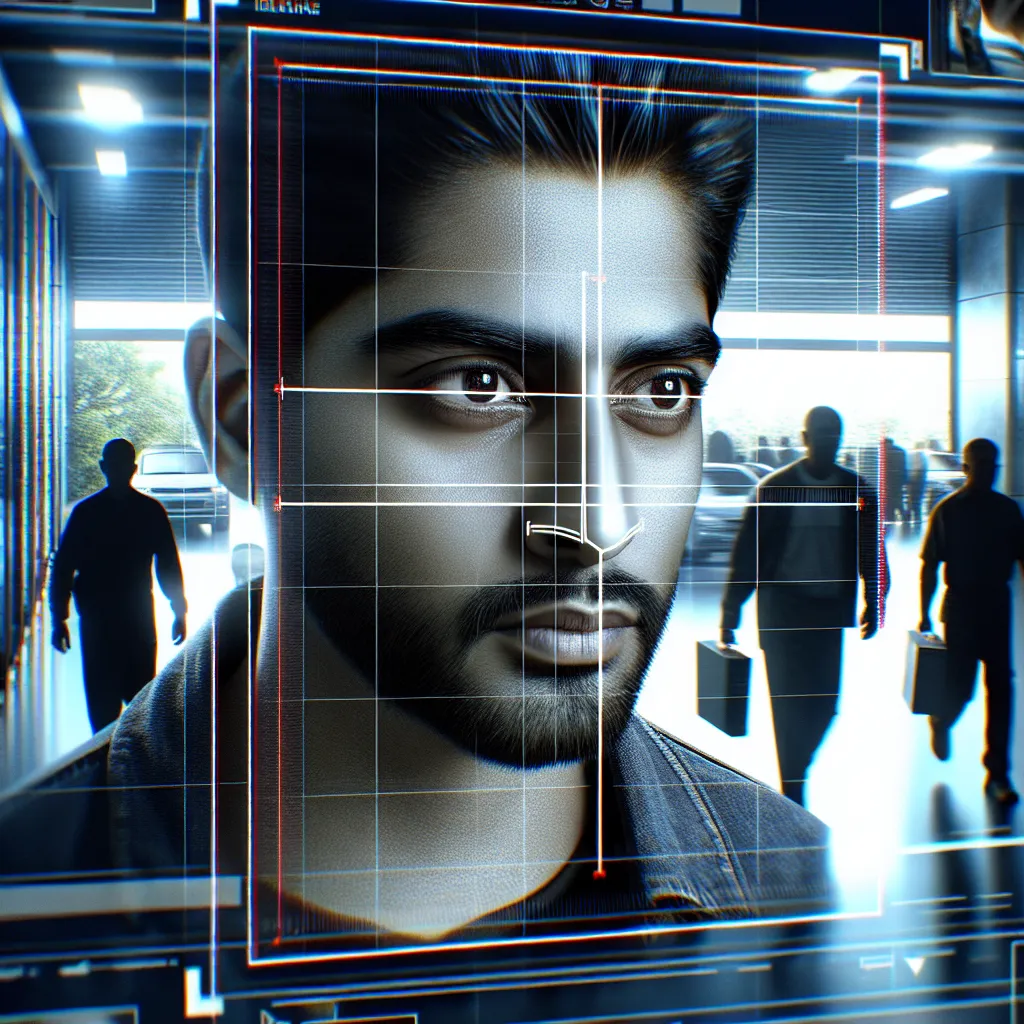Video analysis is a crucial skill in today’s digital age, particularly for IELTS candidates who may encounter this topic in their reading or writing tasks. Let’s explore the key vocabulary and concepts related to video analysis, helping you master this subject for your IELTS exam.
Understanding Video Analysis
Video analysis /ˈvɪdiəʊ əˈnæləsɪs/ (noun): The process of examining video content to extract meaningful information, patterns, or insights.
Context and Usage
Video analysis is widely used in various fields, from sports performance evaluation to security surveillance. Here are some examples of how this term is used in context:
-
The coach used video analysis to identify weaknesses in the team’s defensive strategy.
In this sentence, “video analysis” refers to the detailed examination of game footage to improve team performance. -
Researchers employed video analysis techniques to study animal behavior in their natural habitat.
Here, the term is used in a scientific context, highlighting its application in observational research. -
The marketing team conducted video analysis of their latest campaign to measure audience engagement.
This example showcases how video analysis is utilized in the business world to evaluate the effectiveness of visual content. -
Advanced video analysis software can detect suspicious activities in security footage.
This sentence demonstrates the use of video analysis in the security and surveillance sector. -
IELTS candidates should be prepared to discuss video analysis as a tool for education and training.
This example directly relates the concept to the IELTS exam, emphasizing its relevance to test-takers.

Frequency in IELTS
While “video analysis” itself may not be a high-frequency term in IELTS, related concepts and vocabulary often appear in Reading and Writing tasks, especially in passages about technology, media studies, or sports science. Understanding this term and its applications can be beneficial for Task 2 essays on technology or education topics.
Analyzing the Vocabulary
Word Structure
- Video (noun): A recording of moving visual images
- Analysis (noun): Detailed examination of elements or structure
When combined, these words form a compound noun that describes the process of examining video content.
Synonyms and Related Terms
- Video assessment
- Visual content evaluation
- Footage examination
- Video data interpretation
- Motion picture analysis
Antonyms
While there aren’t direct antonyms for “video analysis,” some contrasting concepts include:
- Raw footage viewing
- Unexamined video content
- Casual video watching
Memorization Techniques
Mind Mapping
Create a mind map with “video analysis” at the center, branching out to related concepts such as:
- Applications (sports, security, marketing)
- Tools (software, algorithms)
- Processes (motion tracking, facial recognition)
- Outcomes (performance improvement, trend identification)
Storytelling Technique
Imagine you’re a detective solving a case using video analysis. You examine security footage, track movements, and analyze facial expressions to uncover the truth. This narrative can help embed the concept and its applications in your memory.
Practical Application
Exercise 1: Sentence Formation
Create sentences using “video analysis” and related terms. For example:
- The forensic team relied on video analysis to reconstruct the sequence of events.
- Video analysis tools have revolutionized how coaches prepare their athletes for competitions.
Exercise 2: IELTS Writing Task 2 Practice
Write a paragraph discussing the advantages and disadvantages of using video analysis in education. Use related vocabulary and provide specific examples.
Sample answer:
Video analysis has become an invaluable tool in modern education, offering both benefits and challenges. On the positive side, it allows students to review lectures at their own pace, enhancing comprehension and retention. Teachers can use video analysis to refine their instructional techniques by examining their own performance. However, the reliance on technology may reduce face-to-face interactions, potentially impacting the development of social skills. Additionally, the implementation of video analysis systems can be costly for educational institutions, potentially exacerbating resource disparities between schools.
Conclusion
Understanding “video analysis” and its related vocabulary is essential for IELTS candidates, as it touches on various aspects of technology, education, and research. By familiarizing yourself with this concept, you’ll be better prepared to tackle reading passages or writing tasks that involve visual content evaluation or technological advancements in data analysis.
Remember to practice using this term in context, whether in speaking exercises or writing tasks. The more you engage with the vocabulary, the more comfortable you’ll become in using it accurately and effectively in your IELTS exam.
We encourage you to share your own experiences with video analysis or ask any questions about this topic in the comments section below. How might you use video analysis in your field of study or work?
For more insights on how technology is shaping various aspects of our lives, including mental health and cultural identity, check out these related articles: